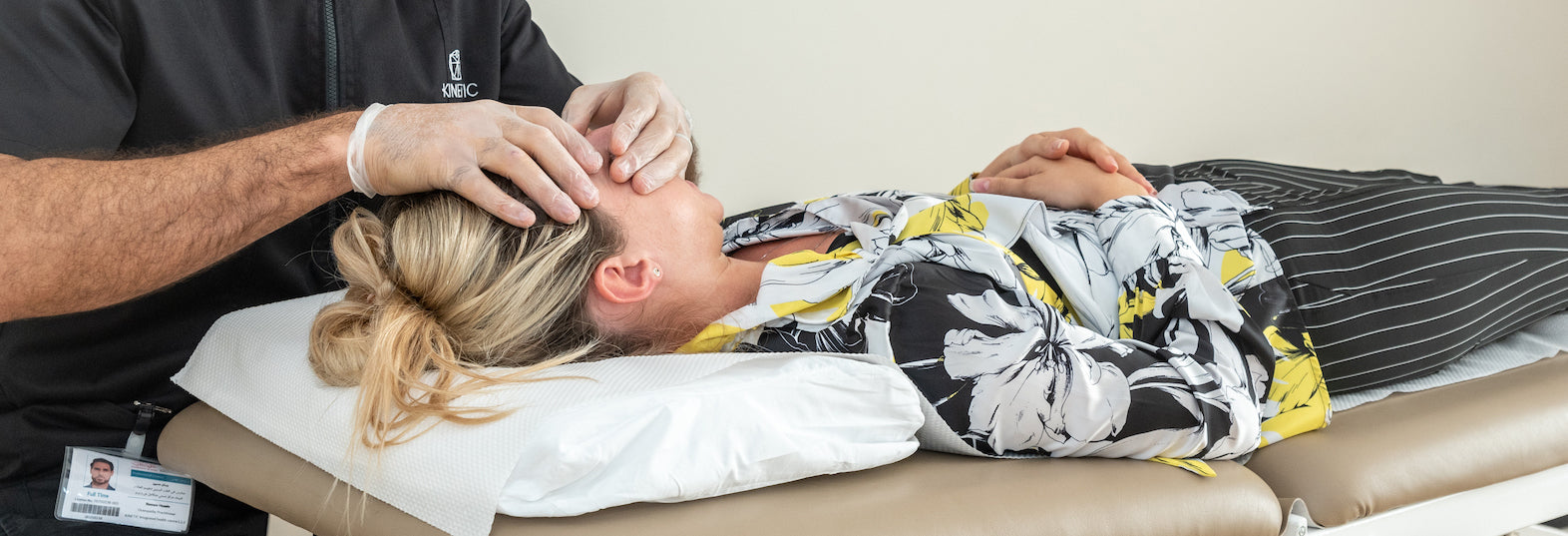The TMJ (Temporomandibular joint) is the most used joint in the body. It affects your ability to talk, chew and swallow. The TMJ attaches the lower jaw to the skull. It is responsible for the movement of the jaw and the opening and closing of the mouth. An Osteopath knows the construction of the jaw and can help address the symptoms of TMJ. They would assess and treat movement restrictions of the jaw and the function of the surrounding muscles. You would then be taught exercises and stretches to relax the jaw.
Signs and symptoms of TMJ disorders may include :
Neck pain and/or stiffness, Shoulder pain, Ear aches or fullness in your ears
Headaches
Jaw pain or tenderness (mostly in the morning)
Increasing pain over the course of the day (especially in the jaw muscles)
Jaw locking or clicking (may also hear ear clicking or popping of the jaw when you open or close your mouth)
Pain in the jaw area (directly in front of the ears) when opening or closing your mouth, reduced ability to open, close mouth, and/or eat
Pain when yawning, biting, or chewing
Ringing in ears (tinnitus)
It is important to note that osteopathy should only be performed by a licensed practitioner who has experience working with TMJ dysfunction. As with all medical treatments, it is important to discuss the use of osteopathy with your primary care physician before seeking treatment.


